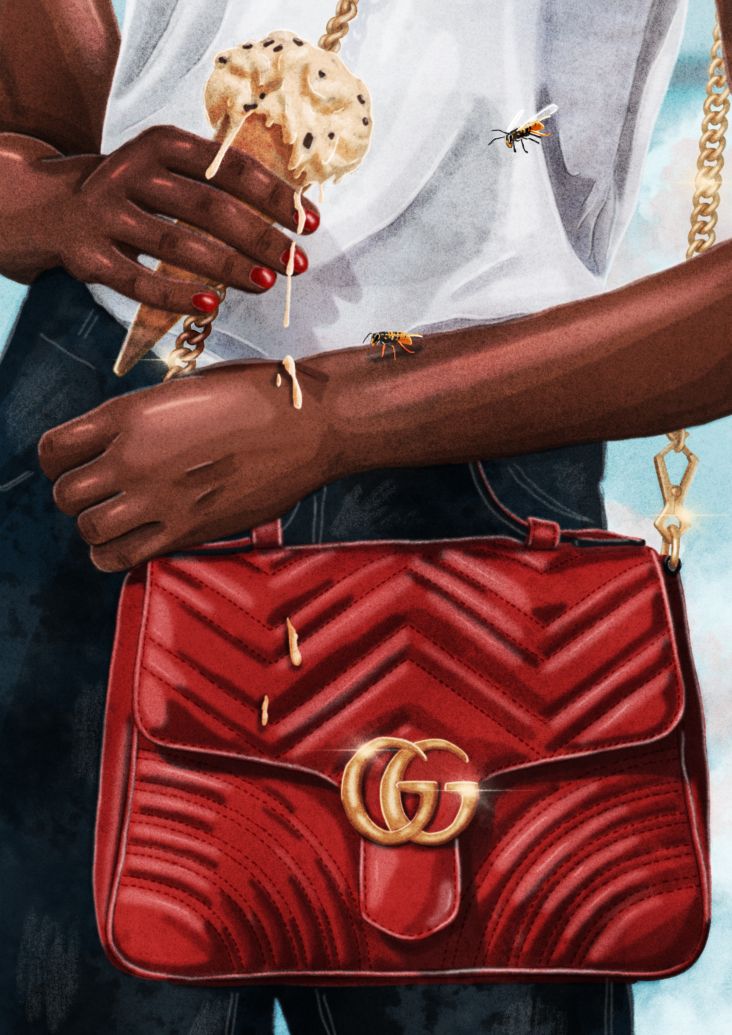Creatives need better coping skills for failure, says agency boss David Palmer
David Palmer, the owner and ECD of Manchester-based creative agency LOVE, has spent his career learning to love failure. But then again, he hasn't had much choice.

Photo Credit: LOVE
"Creative people face more regular rejection than just about anyone else on the planet," he tells Creative Boom. Palmer estimates that LOVE, whose star client list includes Jim Beam, Nike, and Vogue, loses three times the pitches it wins - and he says that failure rate is pretty standard for creative businesses.
"Failing is simply part of your day-to-day when you work in the creative industries," he says. "You can pour your heart and soul into a project and apply the best strategy, thinking and design skills, only for a senior or a client to say they don't like it."
For Palmer, dealing with this means you have to have the skin of a rhino and be a rubber ball: always ready to bounce back. But Palmer is adamant that having tough skin and a resilient attitude doesn't mean ignoring your failures or rushing past them. Instead, Palmer advocates for his team of creatives - and the industry at large – to develop a healthier relationship with creative success by being willing to acknowledge and embrace creative losses.
"Handling failure is like going through the five stages of grief," Palmer tells Creative Boom while recounting a time he got the call about a lost pitch while on holiday in Greece, effectively ruining any chance for some much-needed R&R.
The five stages of grief were originally laid out by psychologist and author Elisabeth Kübler-Ross in 1969 as a framework for navigating one's own end of life. The use of the Kübler-Ross method has been expanded and reconceptualised in many ways over the past 50 years and has been transformed into a powerful tool for confronting loss of all kinds.
According to the trajectory laid out by Kübler-Ross, a griever moves gradually from shock and denial to pleading, bargaining, or desperation, then on to anger – an experience David Palmer of LOVE says he can relate to every time he and his team lose a pitch. "It really can feel like the world is falling down around you, and it's totally normal to feel really angry in the beginning," Palmer tells Creative Boom.
As a leader, Palmer thinks it's healthy to make room for negative emotions - that by accepting the anger that comes with creative rejection or failure, you're one step closer to accepting the failure and moving on. "It's useful for young creatives to know that it's just perfectly natural to feel like that," Palmer says.
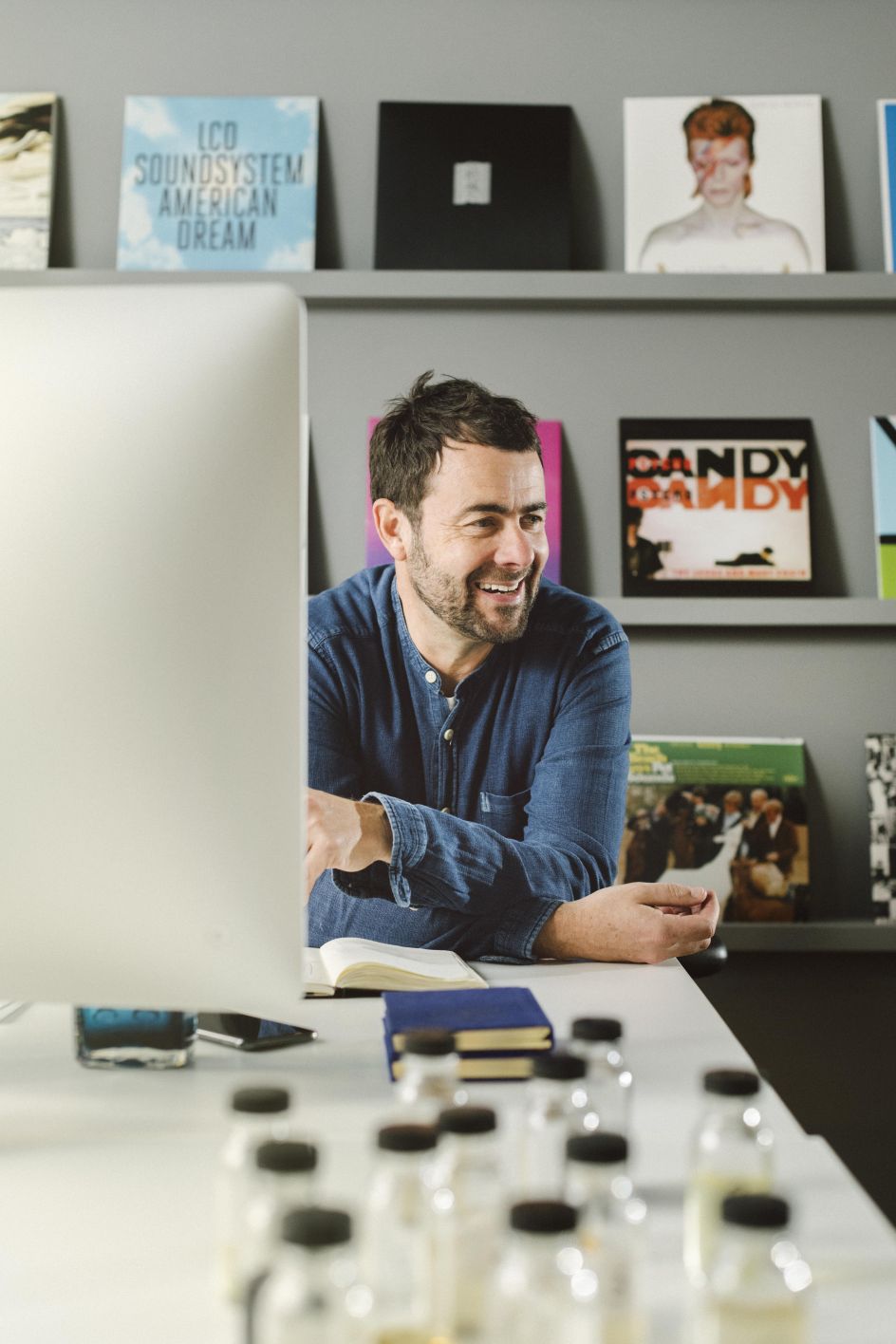
Photo Credit: LOVE
According to Kübler-Ross's five stages of grief, depression and/or anxiety often follow the stage of anger. In a creative context, Palmer likens this stage to the period of flatness, discouragement, and self-doubt that often accompany creative failure – once the rage passes, the real grief starts to set in. From this low point, someone with healthy coping mechanisms will ultimately find themselves ready to take action toward recovery and learn to accept their loss or failure. In contrast, someone with unhealthy coping mechanisms may remain stuck at rock bottom.
And that's where Palmer gets concerned because he's not convinced that creatives today have the coping skills they need to sustain a career path that's inevitably studded with failure and rejection.
"In sports and school, kids are taught that failure is a bad thing, that it has to be avoided or ignored," he tells Creative Boom. "But failure is unavoidable. Especially in this industry, because it's so subjective, you need to be aware of it. And you need to find healthy ways to deal with it."
Because, at the end of the day, failure isn't a bad thing. "Rejection can be a catalyst for really positive things," Palmer says. "The sting of failure propels you forward in a way that gives you more energy and momentum than if you didn't have it at the beginning."
To prove his point, Palmer recounts an experience from his first job out of design school, working for a boss who seemed deadset on keeping him down. "I couldn't win," Palmer says, recalling a particularly discouraging event in which he watched his work be crumpled up and tossed in a skip. At that moment, it was as if he went through all five stages of grief at warp speed. "I'd been working for two years, but I had nothing to show in my portfolio, and I was at a point where I realised: every which way, I'm going to fail. And from there, I went: you know, you're a problem solver. So what are you going to do?"
Once he'd gotten through the shock, anger, and blow to his self-esteem, Palmer accepted that the way he was working wasn't working. So he decided to change his approach. Instead of offering the big, original ideas that appeared to make his boss feel threatened, he found ways of prioritising his boss's approach while still managing to leave his own mark… it was a lesson in compromise that's served him well in a long-term client-facing career. He's living proof that approaching failure and rejection with curiosity and determination are the building blocks of a sustainable creative career.
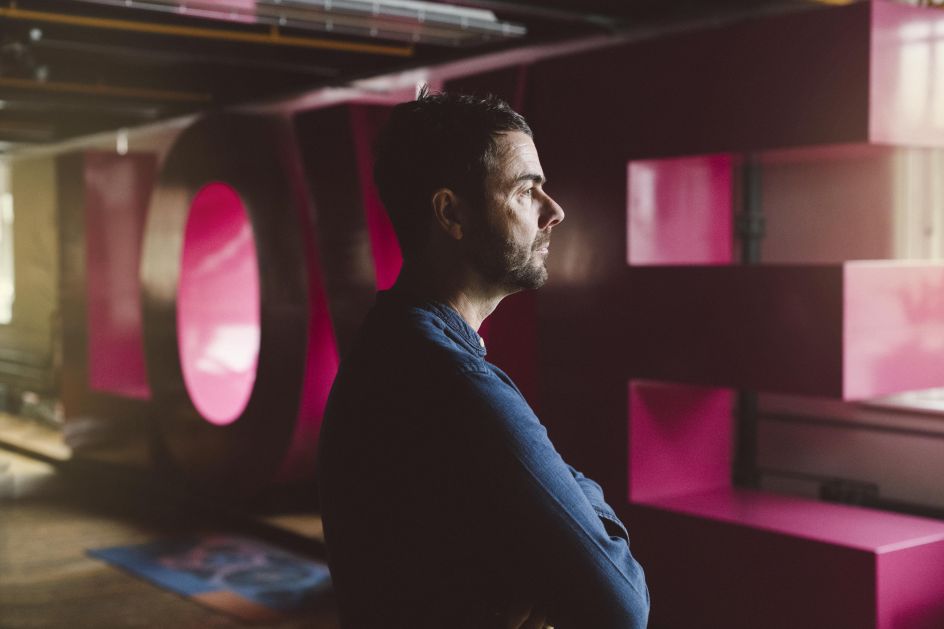
Photo Credit: LOVE
While it's important for creatives to learn to take individual responsibility for themselves and develop healthy coping mechanisms for acknowledging and dealing with their failures and rejections, Palmer thinks that agency leaders and even clients should also be taking responsibility for the part they play in creating a more positive culture in the creative industries.
He's aware that the way feedback is delivered can have a lot to do with the way it's received and that creative leaders and clients alike may lean toward unnecessarily brutal feedback without giving much thought to the effect their response will have on the creative behind the work.
At LOVE, feedback is mitigated first through the accounts team, who can help separate the helpful feedback from the not-so-helpful feedback before sharing it with the creative team. "That way, we can ensure feedback is framed constructively, giving our team a more positive place to start that journey toward accepting rejection."
Ultimately, Palmer questions whether the industry as a whole needs to reevaluate its relationship with and vocabulary around failure. A working understanding of the five stages of grief and how those stages manifest in experiences of creative failure is a good start – but he's open to ideas and conversation, telling Creative Boom: "As an industry, I wonder all the time how everyone else is doing it, and what could be improved."






 using <a href="https://www.ohnotype.co/fonts/obviously" target="_blank">Obviously</a> by Oh No Type Co., Art Director, Brand & Creative—Spotify](https://www.creativeboom.com/upload/articles/6e/6ed31eddc26fa563f213fc76d6993dab9231ffe4_732.jpg)
 by Tüpokompanii](https://www.creativeboom.com/upload/articles/58/58684538770fb5b428dc1882f7a732f153500153_732.jpg)







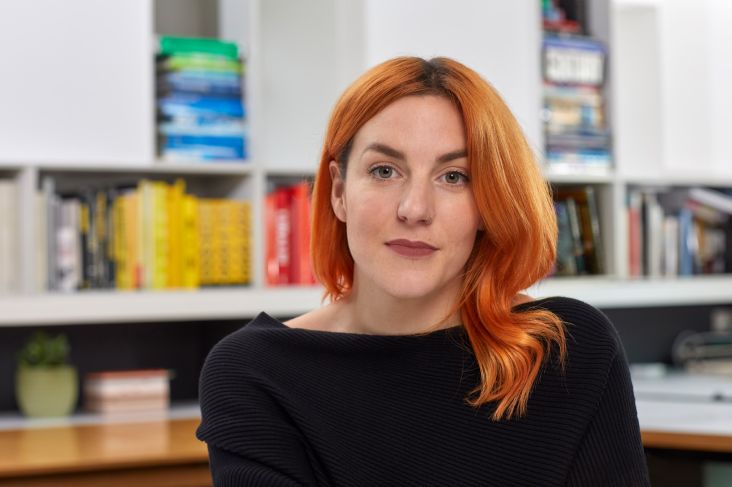
](https://www.creativeboom.com/upload/articles/a2/a2e7e26b0c2de5b87ce93ecd3be0c40ff157b2bd_732.jpg)
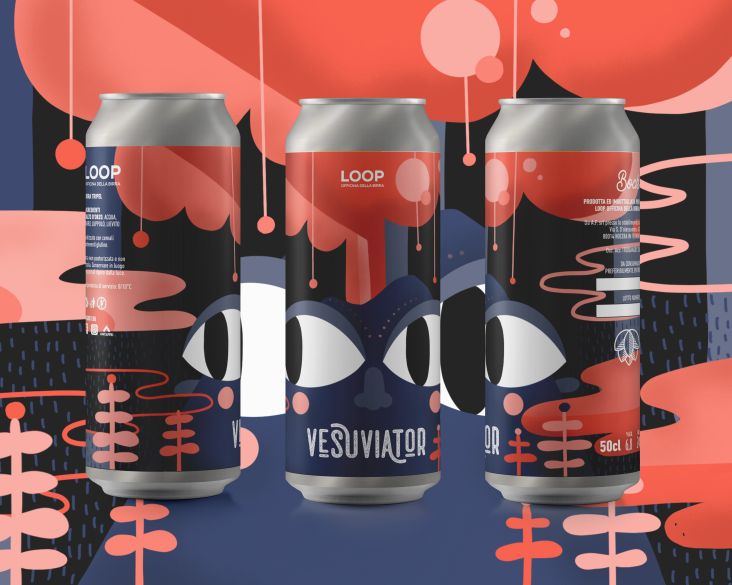
](https://www.creativeboom.com/upload/articles/32/32af5de1f983d22dde4b1bf985ec7672962993c4_732.jpg)


